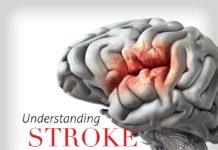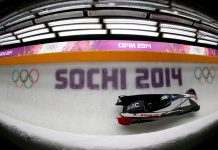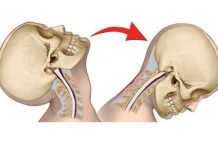Felix Angst, Martin L Verra, Susanne Lehmann, Françoise Gysi,
Thomas Benz, André Aeschlimann
Research Department,
Rehabilitation Clinic ‘RehaClinic’ Zurzach,
Bad Zurzach, Switzerland.
Objective: To determine and compare the sensitivity to change of the condition-specific cervical Northern American Spine Society (NASS) and the generic Short Form 36 (SF-36).
Design: Prospective cohort study.
Subjects: One hundred and seventy five patients after whiplash injury.
Interventions: Four-week inpatient interdisciplinary pain management programme.
Main measures, analysis: Responsiveness of the NASS and the SF-36 was quantified by effect size and standardized response mean and compared within the same construct by the modified Jacknife test. Ability to detect improvement was compared using sensitivities determined from receiver operating characteristics curves.
Results: In pain, the NASS was comparable responsive to the SF-36 at the one-month follow-up (n = 175): effect sizes: 0.62 (NASS) versus 0.61 (SF-36), P = 0.914. The NASS was less responsive than the SF-36 in function: 0.23 versus 0.63, P < 0.001 and in pain+function: 0.35 versus 0.58 (P = 0.001). These relationships remained consistent using standardized response means, at the six-month follow-up (n = 103), and in the comparison of the sensitivities. Sensitivities at one month, pain: 70% (NASS) versus 62% (SF-36), P = 0.234; function: 65% versus 80%, P = 0.002; pain+function: 68% versus 78%, P = 0.035. The six-month data were similar.
Conclusions: The generic SF-36 was more responsive in function and equally responsive in pain when compared to the condition-specific NASS. The SF-36 can be recommended as a responsive instrument for measurement of pain and function in chronic whiplash syndrome.







